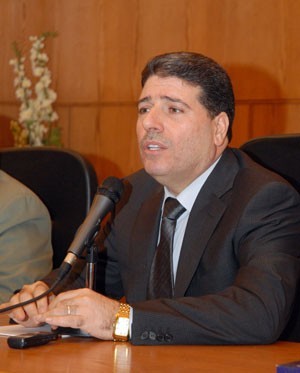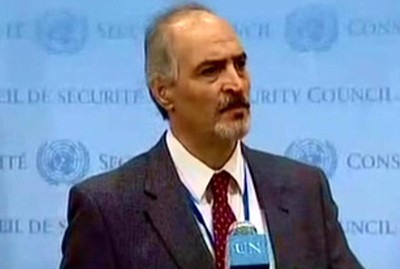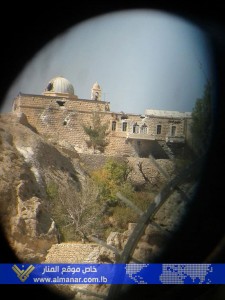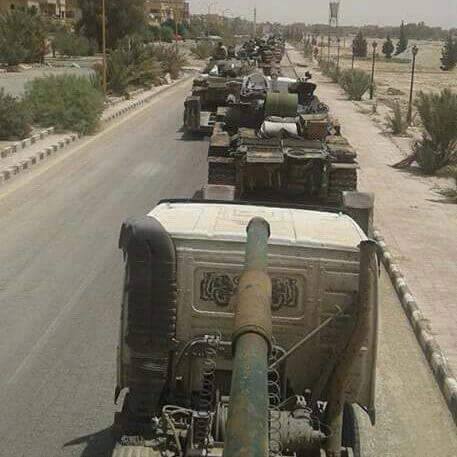Region prospects dire as arms flow into Syria: Iran official
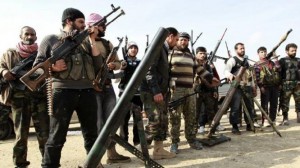
 A senior Iranian diplomat has criticized the inflow of arms to Syria, saying as long as weapons are sent to the Arab country the region is prone to insecurity.
A senior Iranian diplomat has criticized the inflow of arms to Syria, saying as long as weapons are sent to the Arab country the region is prone to insecurity.
Iran’s Deputy Foreign Minister for Arab and African Affairs Hossein Amir-Abdollahian made the remarks in a meeting with Sigrid Kaag, the head of the joint mission of the United Nations and the Organization for the Prohibition of Chemical Weapons (OPCW) in Syria on Thursday. The meeting was held in the Iranian capital, Tehran.
“Given the fact that some parties support the idea of sending weapon into Syria, one cannot be optimistic about the future of the region’s security,” Amir-Abdollahian said, adding that the Syrian crisis can only be resolved through political means.
Damascus has repeatedly said the US and its regional allies have been providing the militants with funding, weapons and military trainings since the outbreak of the militancy in the Arab country. Since 2011, the US has provided the militants in Syria with nearly $300 million in aid.
Reports have also shown that the foreign-sponsored Syria militants have been covertly trained in neighboring Jordan by US Central Intelligence Agency.
Pointing to the successful process of Syria’s chemical weapons elimination, Amir-Abdollahian added, “Efforts by the Islamic Republic and the United Nations showed that with professional and unbiased measures success can be achieved in other fields including finding a political solution in Syria.”
OPCW Director General Ahmet Uzumcu confirmed on Monday that Syria has handed over the last components of its arsenal of chemical weapons.
The Iranian diplomat further noted that the Israeli regime is a threat to the region and world when it comes to the weapons of mass destruction, saying, “It is expected this issue be considered.”
The Israeli regime is widely believed to be the only possessor of nuclear arms in the Middle East. The regime reportedly maintains between 200 and 400 atomic warheads.
Furthermore, the Israeli regime has never allowed any inspection of its nuclear facilities and continues to defy international calls to join the Non-Proliferation Treaty.
The UN official, for her turn, extended her gratitude to Iran for helping the UN mission to achieve its goals in Syria, stressing that the UN success in completing its mission in the crisis-hit country was the result of Iran’s support and Syria’s constructive cooperation.
Last year, Damascus agreed to hand over its chemical weapons under international control and have them destroyed.
